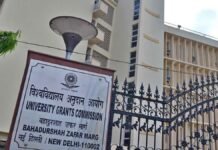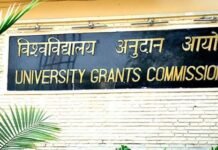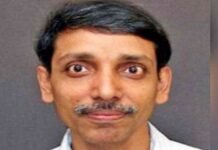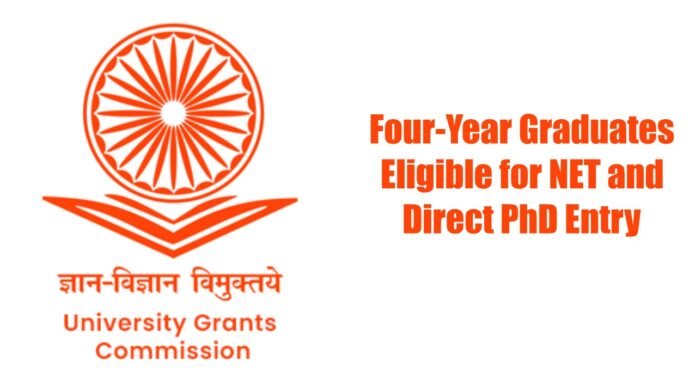
New Delhi: In a landmark move, the University Grants Commission (UGC) has revolutionized the academic landscape by announcing that students who have completed a four-year undergraduate program are now eligible to appear for the National Eligibility Test (NET) and can directly enroll in PhD programs. This pivotal decision, disclosed by UGC Chairman Jagdish Kumar, is set to open new horizons for aspiring researchers and academicians.
A Leap Forward for PhD Aspirants:
Previously, the NET, a gateway for research roles and lectureships, was restricted to candidates with a postgraduate degree, requiring a minimum of 55% marks. However, the new directive states that students with a four-year undergraduate degree boasting a minimum of 75% marks or an equivalent grade are now on par with postgraduates for NET eligibility and PhD admissions.
Inclusive Education:
Kumar emphasized the inclusive nature of this policy, stating, “Candidates with a four-year undergraduate degree can now directly pursue PhD and appear for the NET exam. Such candidates will be allowed to do PhD in whatever subject they wish to pursue, irrespective of the subject in which they have obtained a four-year undergraduate degree.”
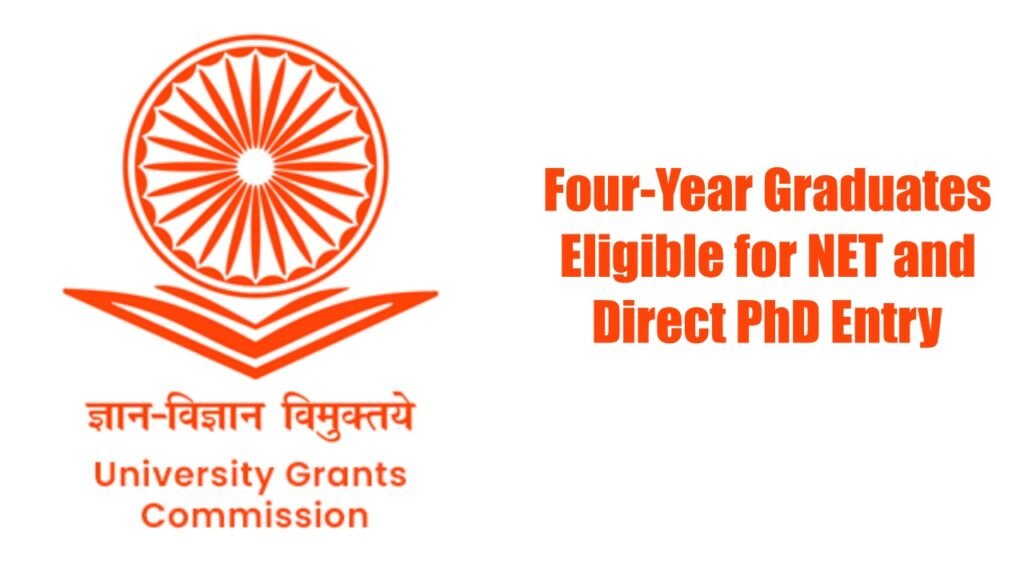
Meritocracy and Diversity:
The UGC chairman further clarified that candidates pursuing a four-year or eight-semester undergraduate degree program must have achieved a minimum of 75 percent marks in aggregate or its equivalent grade. In a bid to promote diversity and inclusion, the UGC has also reserved five seats for candidates from Scheduled Caste (SC), Scheduled Tribe (ST), Other Backward Classes (Non-Creamy Layer), Persons with Disabilities (Divyang), Economically Weaker Sections, and other categories, offering them a relaxation in the percentage marks or equivalent grade required.
This progressive step by the UGC is expected to encourage a wider pool of candidates to engage in advanced research, thereby enriching India’s academic and scientific community.


































